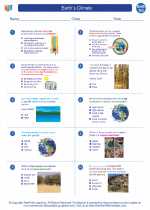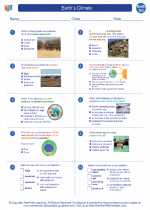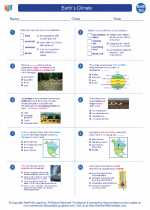What are Neutrons?
Neutrons are subatomic particles that are found in the nucleus of an atom, along with protons. They have a mass slightly larger than that of protons and are electrically neutral, meaning they have no net electrical charge.
Role of Neutrons
Neutrons play a critical role in determining the stability of the nucleus. They help hold the protons together through the strong nuclear force, preventing the electrostatic repulsion between protons from breaking the nucleus apart.
Isotopes and Neutrons
The number of neutrons in an atom can vary, resulting in different isotopes of the same element. Isotopes of an element have the same number of protons but different numbers of neutrons. This affects the atomic mass of the element.
Neutrons in Nuclear Reactions
Neutrons are involved in nuclear reactions, such as fission and fusion. In nuclear fission, a neutron can strike the nucleus of a heavy atom, causing it to split and release more neutrons, which can then go on to cause further fission reactions. In nuclear fusion, the process of combining atomic nuclei to form a heavier nucleus, neutrons are also involved in the reactions.
Neutron Detection and Applications
Neutrons can be detected using various methods, including scintillation detectors and neutron counters. They have many practical applications, including in nuclear power generation, neutron imaging, and neutron scattering experiments in scientific research.
[Neutrons] Related Worksheets and Study Guides:
.◂Earth Science Worksheets and Study Guides High School. Earth`s Climate

 Worksheet/Answer key
Worksheet/Answer key
 Worksheet/Answer key
Worksheet/Answer key
 Vocabulary/Answer key
Vocabulary/Answer key
 Vocabulary/Answer key
Vocabulary/Answer key
 Vocabulary/Answer key
Vocabulary/Answer key
